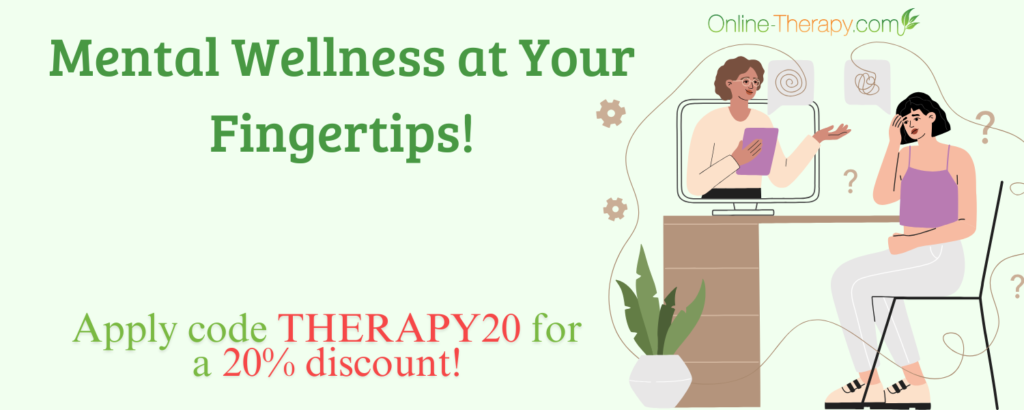Addiction is a complex condition that often requires more than just traditional forms of therapy. Recovery involves not only addressing the physical symptoms but also healing the mind, body, and soul. Experiential activities, which focus on personal experience and active engagement, have proven to be a powerful tool in addiction treatment. These activities help individuals process their emotions, build self-awareness, and develop essential coping skills.
In this article, we’ll explore 10 experiential activities that can make a significant impact on addiction recovery. These activities are designed to engage the individual on a deeper level, creating lasting positive change.
1. Art Therapy: Expressing Through Creativity
Art therapy offers individuals a safe space to express emotions that may be difficult to articulate with words. Whether through painting, drawing, or sculpture, participants can explore their feelings and experiences related to addiction. The creative process helps reduce anxiety, improve emotional regulation, and promote mindfulness. Art therapy also encourages self-reflection, which can be crucial in understanding the underlying causes of addiction.
2. Adventure Therapy: Overcoming Challenges Together
Adventure therapy uses outdoor activities, like hiking, rock climbing, or team-building exercises, to encourage individuals to step out of their comfort zones. This type of therapy fosters trust, teamwork, and personal growth. The challenges presented in adventure therapy help clients develop resilience and gain confidence, both of which are essential for long-term recovery. The physical nature of these activities also promotes the release of endorphins, which can improve mood and reduce stress.
3. Equine-Assisted Therapy: Building Trust and Communication
Equine-assisted therapy entails collaborating with horses to foster trust, enhance communication, and improve emotional regulation. The process of caring for and interacting with a horse can mirror the emotional struggles of addiction recovery. Horses are highly sensitive to human emotions and can serve as a powerful tool for self-reflection. The non-judgmental nature of animals helps individuals feel safe, allowing them to process emotions without fear of rejection.
4. Mindfulness and Meditation: Cultivating Inner Peace
Mindfulness and meditation practices are increasingly used in addiction treatment to help individuals stay present in the moment and manage cravings. These activities encourage self-awareness and emotional regulation, which are crucial in overcoming addictive behaviors. Regular mindfulness practice can improve mental clarity, reduce stress, and provide a sense of peace. Meditation, in particular, helps individuals develop the ability to observe their thoughts and feelings without becoming overwhelmed by them.
5. Music Therapy: Healing Through Sound
Music therapy is a creative approach that uses music to help individuals explore their emotions and express feelings they might otherwise find difficult to communicate. Listening to music, writing lyrics, or playing instruments can help participants process their thoughts and emotions in a way that traditional therapy may not be able to. Music has a powerful effect on the brain, helping to release dopamine and reduce stress, making it an effective tool in addiction recovery.
6. Drama and Role-Playing: Exploring Different Perspectives
Role-playing and drama activities allow individuals to explore different perspectives and scenarios in a safe and controlled environment. Through acting out real-life situations, participants can better understand the impact of their behaviors and gain insight into their emotional triggers. These activities also encourage empathy, which can help improve relationships and communication skills key factors in maintaining sobriety.
7. Yoga Therapy: Connecting Mind and Body
Yoga is a practice that emphasizes physical movement, controlled breathing, and mental focus. In addiction recovery, yoga therapy can help individuals reconnect with their bodies and release built-up tension. The mindful movements and breathwork promote relaxation and can be particularly helpful for those struggling with stress or anxiety. Additionally, yoga encourages self-compassion, which is essential for healing the emotional wounds caused by addiction.
8. Nature Walks: Finding Calm in the Outdoors
Spending time in nature significantly influences mental health in a positive way. Nature walks provide an opportunity for individuals to clear their minds, reflect on their emotions, and reconnect with the present moment. The calming effect of being surrounded by nature can help reduce anxiety, increase feelings of well-being, and promote positive mental health. Nature walks can also be a form of group therapy, allowing individuals to bond and share their experiences in a supportive environment.
9. Journaling: Unlocking Personal Insights
Journaling is an effective and straightforward method for self-reflection and processing emotions. Writing about daily experiences, emotions, and thoughts can help individuals gain clarity on their journey to recovery. It allows them to track progress, explore personal challenges, and identify patterns in their behavior. Journaling also helps individuals release pent-up emotions and develop healthier coping strategies for managing stress and cravings.
10. Cognitive Behavioral Therapy (CBT) Activities: Changing Thought Patterns

While CBT is a traditional therapeutic approach, it can include experiential activities such as thought records, role-playing, and behavioral experiments. These activities are designed to help individuals identify and challenge negative thought patterns that contribute to addictive behaviors. By actively engaging in these exercises, participants can begin to shift their mindset, develop healthier coping mechanisms, and improve their overall mental health.
Why Experiential Activities Work
Experiential activities are effective because they engage participants in the process of learning and healing in a way that traditional therapies cannot always do. These activities encourage individuals to experience emotions, confront fears, and develop new skills in a tangible way. They provide an opportunity for personal growth that extends beyond the treatment room and into daily life.
By integrating experiential activities into addiction treatment programs, individuals are empowered to take control of their recovery. These activities not only help with managing addiction but also support overall emotional well-being, helping individuals build a strong foundation for lasting recovery.
If you or someone you know is struggling with addiction, consider exploring these experiential activities as part of a comprehensive treatment plan. Healing is a journey, and these activities can play an essential role in achieving long-term sobriety.







1 thought on “10 Experiential Activities for Addiction Treatment”
Comments are closed.